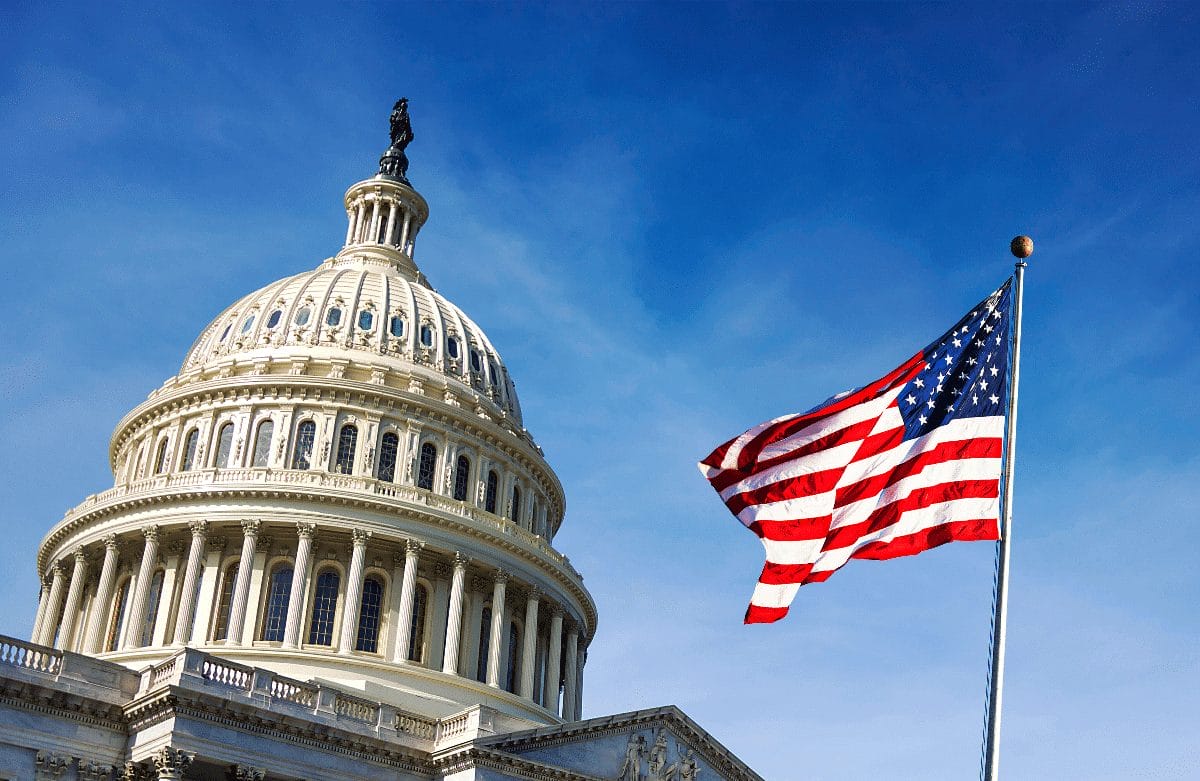The rise in crypto lobbying efforts has been a notable trend in recent years as companies aim to influence policies that shape the future of digital assets. This surge underscores the growing importance of lobbying in the crypto industry as it becomes more integrated into mainstream finance. A study by Social Capital Markets revealed that crypto lobbying has increased by nearly 1,400% since 2017, with companies spending $40.42 million in 2023 alone, up from $2.72 million in 2017. The industry has allocated significant funds to lobbying efforts to ensure that new policies align with their objectives, especially in the face of increasing regulatory scrutiny. Key players like Apollo Global Management, Coinbase, Binance.US, Ripple, and Tether Operations have significantly ramped up their lobbying expenditures in recent years.
One of the key strategies utilized in crypto lobbying is the use of “revolvers,” individuals who transition from government roles to private-sector lobbying positions. These revolvers bring insider knowledge of governmental processes, helping employers navigate complex regulatory landscapes. For example, Apollo Global Management and Coinbase employed a significant number of revolvers in their lobbying efforts, highlighting the industry’s connection to policymakers. As governments worldwide move towards tighter regulations on digital assets, the surge in lobbying serves as a natural response to protect the industry’s interests and influence policy decisions. Companies like Apollo Global Management, Managed Funds Association, CME Group, Coinbase, and Block Inc. have emerged as key influencers in shaping crypto-related policies through their lobbying efforts.
A prime example of effective crypto lobbying is demonstrated by Fairshake, a crypto-focused super PAC that announced plans to spend $25 million on TV ads supporting pro-crypto candidates in the U.S. House of Representatives. Backed by industry giants like Coinbase and Ripple, Fairshake aims to advance crypto-friendly legislation through its campaigns. Recent successes, such as Rep. John Curtis’s win in Utah, highlight the impact of lobbying efforts on policy outcomes. These initiatives reflect the industry’s commitment to shaping regulatory frameworks that support the growth and innovation of digital assets.
Overall, the evolution of crypto lobbying underscores the industry’s recognition of the need to actively engage with policymakers to influence regulatory decisions. As digital assets gain mainstream acceptance, lobbying has become a vital tool for shaping public policy and ensuring that regulations are conducive to innovation and growth within the sector. The significant increase in lobbying expenditures by crypto companies in recent years reflects the industry’s dedication to advocating for favorable legislation and regulatory frameworks. By leveraging revolvers and forming strategic partnerships, crypto firms are working to protect their interests and drive legislative action that supports their objectives in a rapidly evolving regulatory landscape.
In conclusion, the surge in crypto lobbying efforts highlights the industry’s proactive approach to engaging with policymakers and shaping regulatory outcomes. Companies in the crypto sector have significantly increased their lobbying expenditures to influence policy decisions and ensure that regulations align with their interests. The use of revolvers and strategic partnerships has strengthened the industry’s ties to policymakers, facilitating effective advocacy for crypto-friendly legislation. As the regulatory landscape continues to evolve, crypto lobbying will remain a key tool for driving legislative action and shaping the future of digital assets. With industry leaders investing in lobbying initiatives, the crypto sector is poised to play a significant role in shaping the regulatory environment for digital assets on a global scale.










